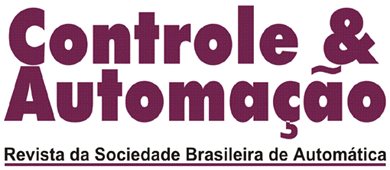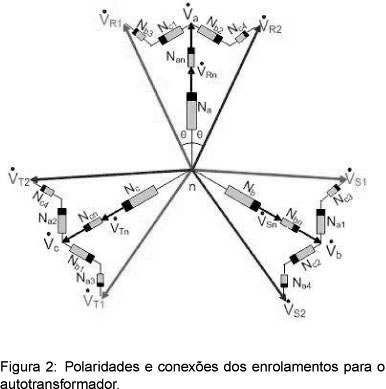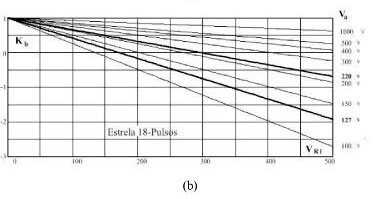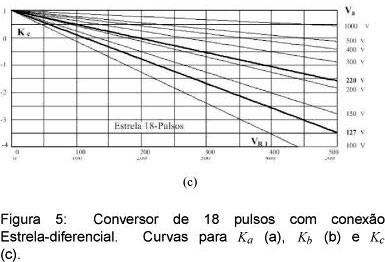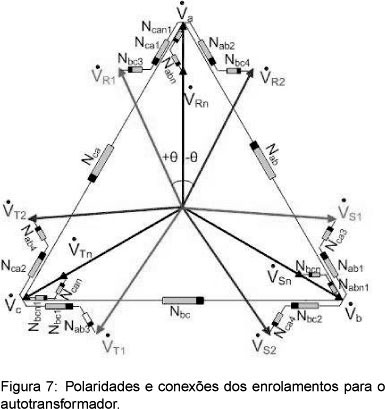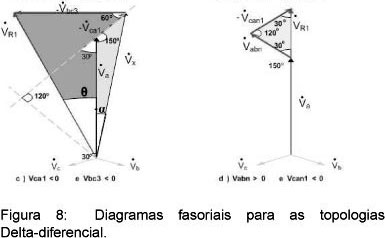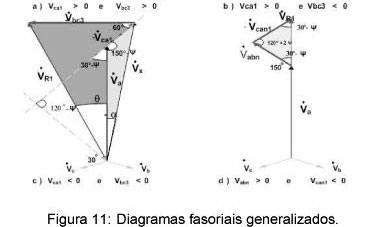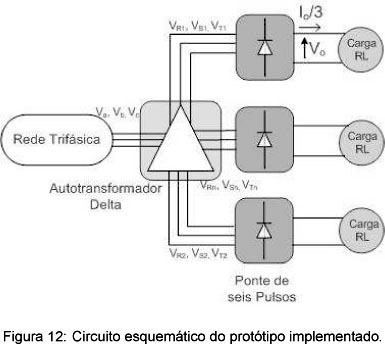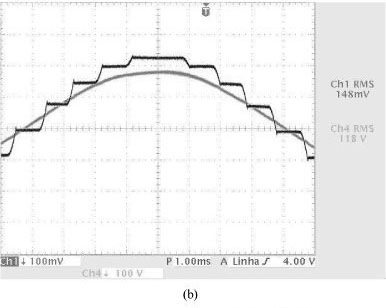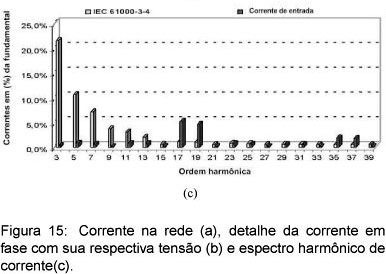Multipulse rectifier topologies based on auto-connections or differential connections, are more and more applied as interface stages between the mains and power converters. These topologies are becoming increasingly attractive not only for robustness, butto mitigate many low order current harmonics in the utility, reducing the total harmonic distortion of the line currents (THDi) and increasing the power factor requirements. Unlike isolated connections (delta-wye, zigzag, etc.), when the differential transformer is employed, most of the energy required by the load is directly conducted through the windings. Thus, only a small fraction of the kVA is processed by the magnetic core. This feature increases the power density of the converter. This paper presents a mathematical model based on phasor diagrams, which results in a single expression able to merge all differential connections (wye and delta), for both step-up and step-down rectifiers for 12 or 18 pulses. The proposed family of converters can be designed for any relationship between the line input voltage and the DC voltage, unlike the conventional phase-shift voltage connections. An immediate application would be the "retrofit", i.e. to replace a conventional rectifier with poor quality of the processed energy by the 12 or 18-pulse rectifiers with Wye or Delta-differential connections, keeping the original values for the input and load voltages. The simple and fast design procedure is developed and tested for a prototype rating 6 kW and 400 V on DC load.
Differential connection; autotransformer; multipulse; three-phase rectifier; power factor correction
